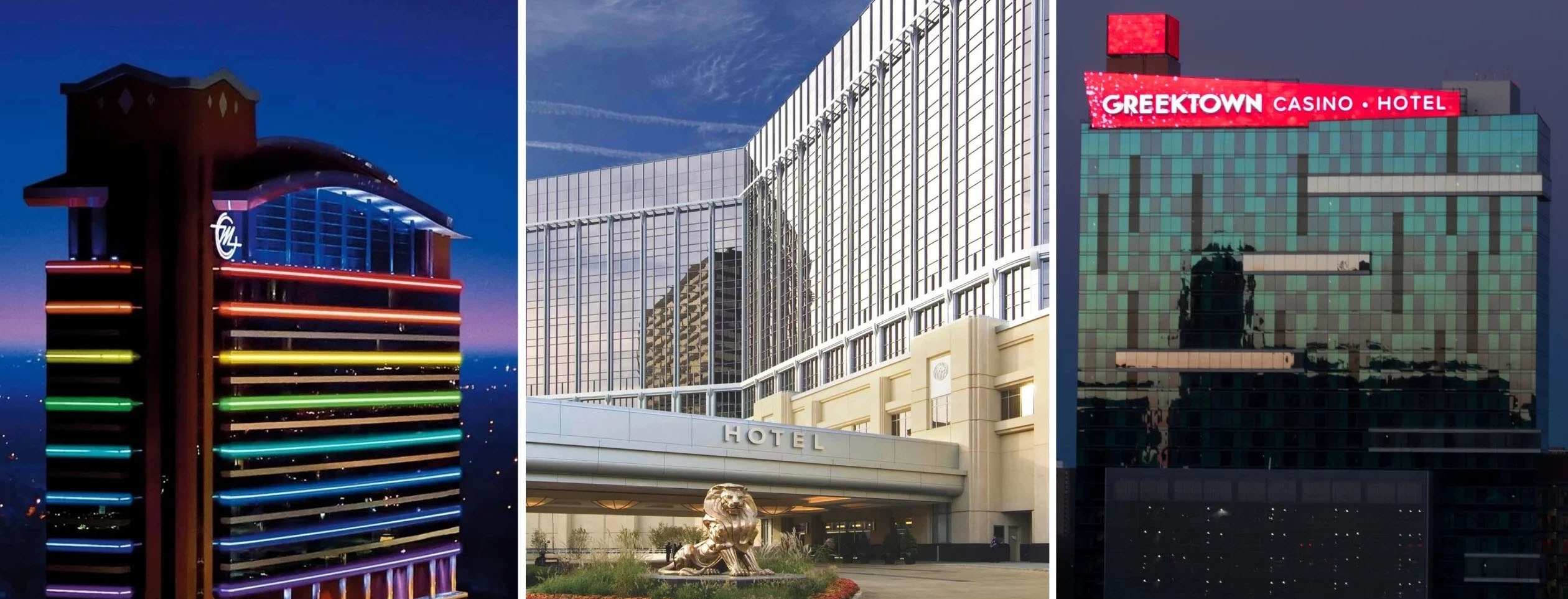The city of Detroit, like many others in the US, relies on casino revenues. There are three commercial casinos that operate in Detroit, all of which have been shut down since March due to the coronavirus outbreak. The casinos produce wagering taxes which is the third largest revenue source for the city. In 2019, the casinos brought in almost $118 million in taxes and Detroit was given an additional $184 million+ in payments. With the casinos shut down for months and reopening this week at 15% capacity, the loss of revenues continues to be an issue.
Reopening This Week
After being shut down for almost five months, casinos in Detroit can reopen this Wednesday. Governor Gretchen Whitmer gave the go-ahead, though facilities have to meet certain requirements before they will be allowed to offer services.
The casinos will be limited to 15% capacity which is much lower than other states in the US. In Las Vegas, casinos are allowed to open at 50% capacity. In New Jersey, they are at a middle ground between Las Vegas and Detroit, at 25%.
Detroit seems to have the strictest capacity requirements in the nation. The food buffets will be closed at all casinos and slot games will not be operational to provide enough space for social distancing. There will also be plexiglass barriers in place for table game play.
Impossible to Generate Substantial Revenues
Analysts have looked at Detroit’s reopening process and considered how the city can get back on track with revenue earnings. Calderone Advisory Group’s Alex Calderone commented that unless everyone who visits plays and loses 5-6x more than they normally would, it is basically impossible to generate revenues similar to what was earned before.
Employees were quite surprised to see the casinos get the go-ahead from the governor to reopen. Many felt that the increase in cases as well as considering the fact that gyms and movie theaters are still closed.
However, analysts like Calderone expected it as tribal casinos in the state were able to reopen without issue. Analysts also pointed out the loss of revenues as a problem. City and state both rely on casino gaming revenues, so as long as these businesses are shut down, the money is not coming in, which means less money for budgets and programs, etc.
In Detroit, for the first six months of 2020, the city earned just over $35 million in wagering taxes. This is less than half of the $87.5 million that was earned in 2019 for the same time period. Until the capacity limit is extended, the city, state and employees of the casinos will continue to feel the strain, along with the operators.
For now, each of the casinos are gearing up to get back to work. Greektown Casino is bringing back 50% of its employees as is MotorCity Casino. For MGM Grand Detroit, the casino will bring back just over 40% of its staff members.
Employees have mixed emotions about coming back. Some are ready to get back to work while others are worried that they will be at risk of the virus by being around more people.




